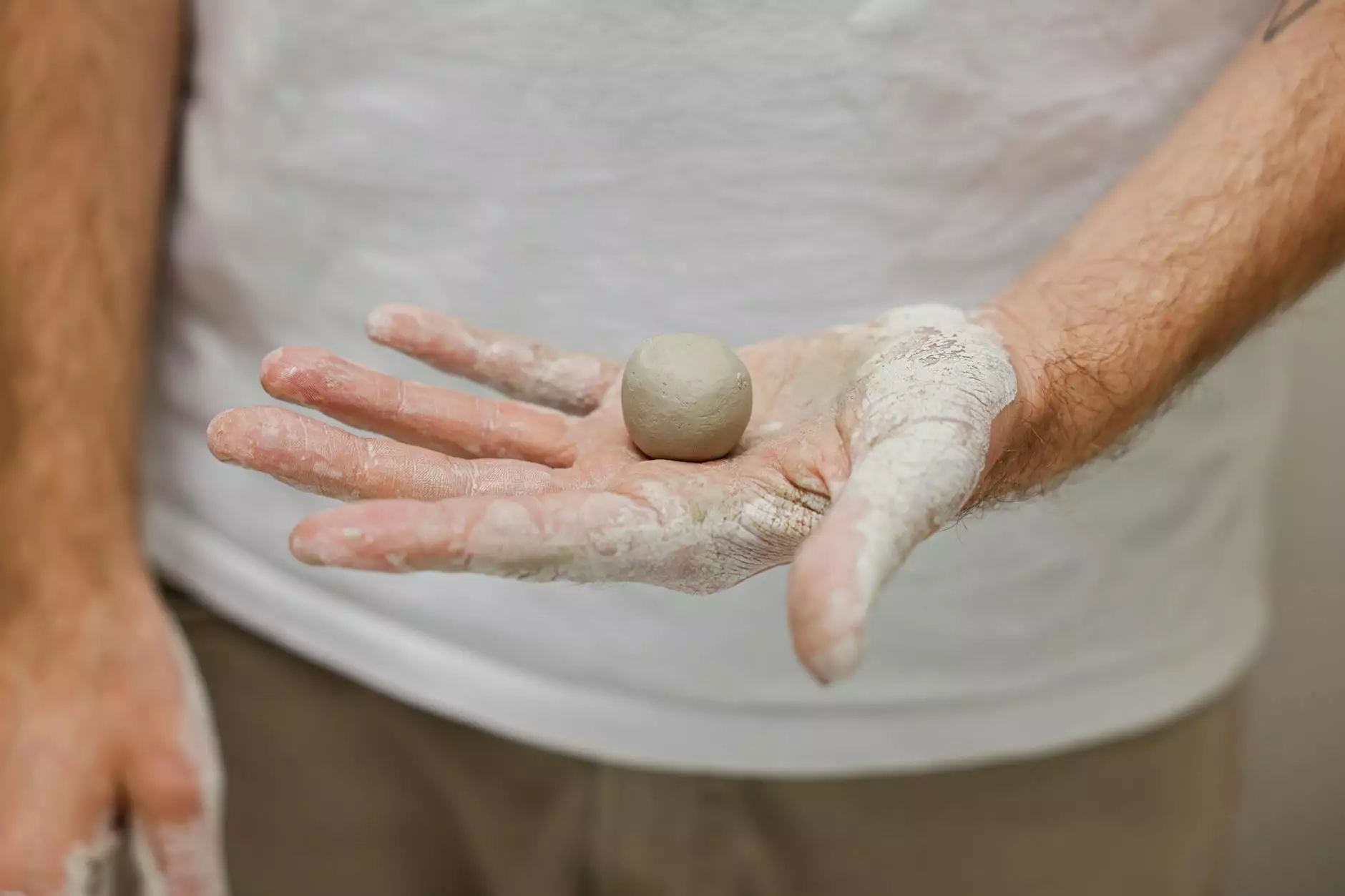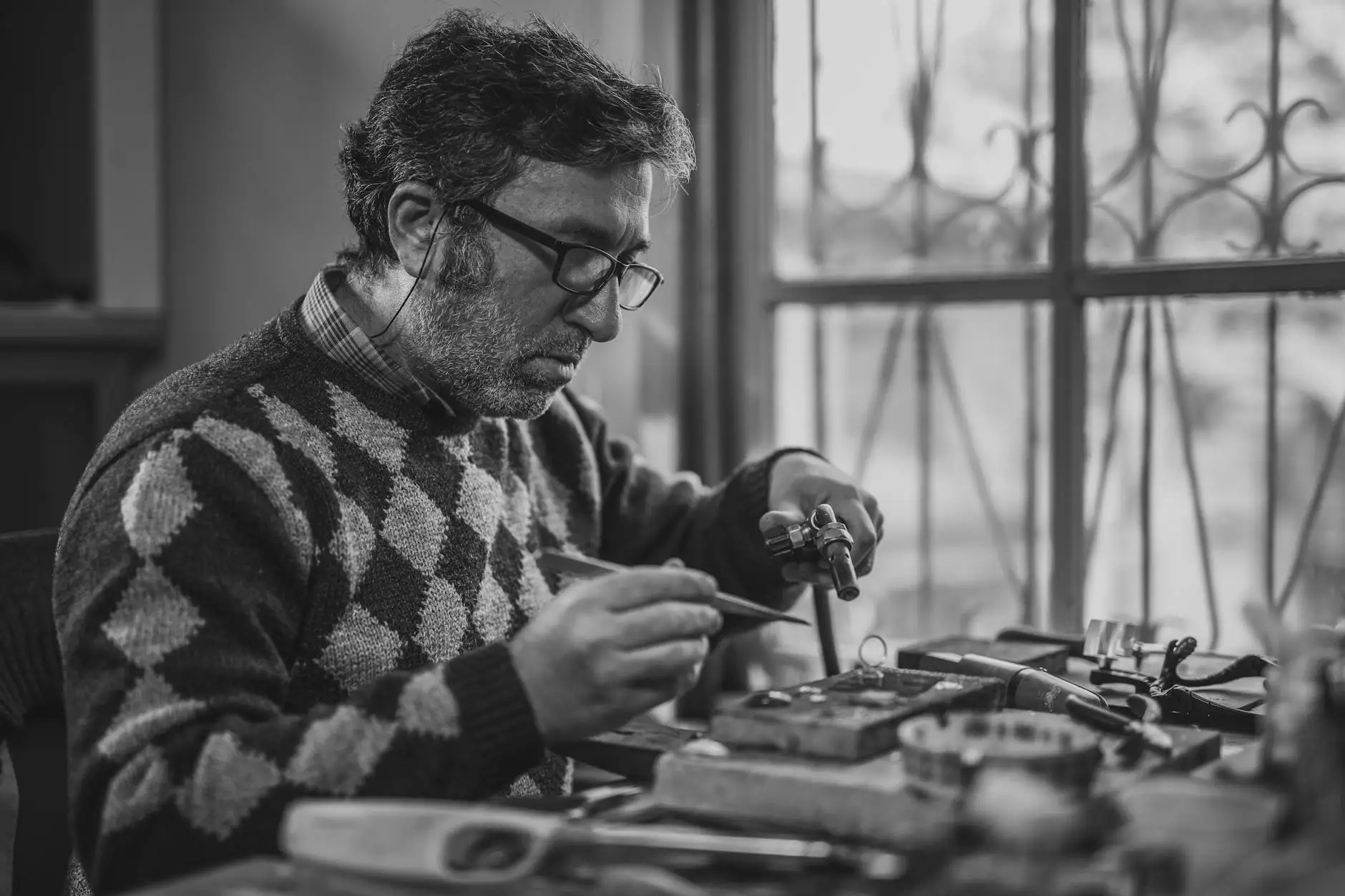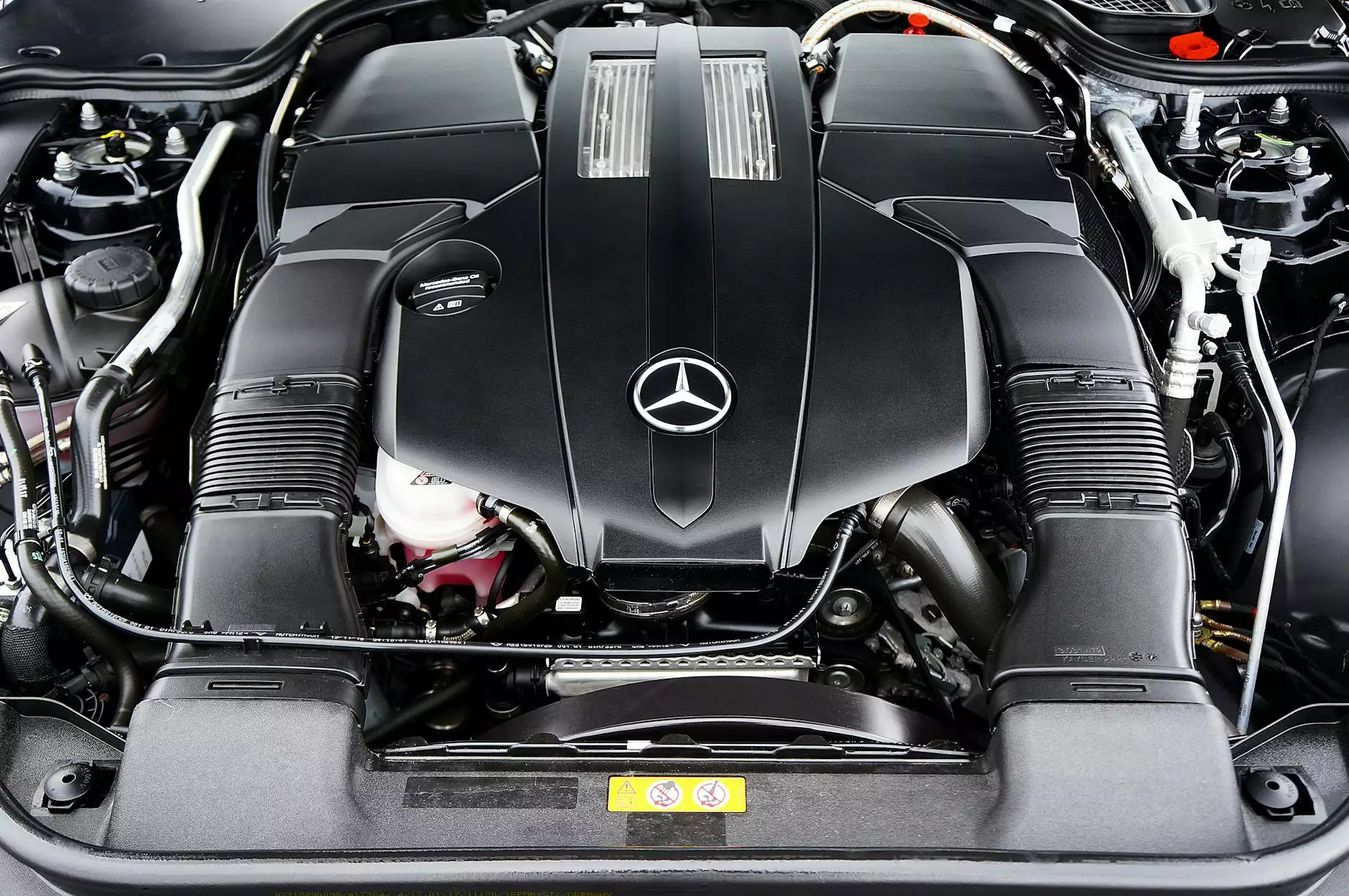Precision Plastic Molding: Revolutionizing Industries with Quality and Innovation

The manufacturing sector is continually evolving, with innovations that enhance efficiency and quality. One such innovation is precision plastic molding. This process has transformed the way products are manufactured, providing tailored solutions for a multitude of industries. In this article, we delve into the intricacies and benefits of precision plastic molding, exploring its applications, advantages, and the future landscape of this technology.
Understanding Precision Plastic Molding
Precision plastic molding is a manufacturing process that involves creating plastic parts with exact specifications and tolerances. Unlike traditional molding techniques, precision plastic molding utilizes advanced technology to achieve high accuracy and repeatability in the production of plastic components. This method is essential in industries that require precision-engineered parts, including automotive, medical, aerospace, and consumer goods.
How Precision Plastic Molding Works
The process of precision plastic molding can be broken down into several key stages:
- Design and Prototyping: The first step involves designing the part with sophisticated computer-aided design (CAD) software. This allows for the creation of complex shapes and geometries tailored to client specifications. Prototyping can be performed using 3D printing or CNC machining to test designs before mass production.
- Mold Creation: Once the design is approved, custom molds are fabricated from high-quality steel or aluminum. The molds must be precise and durable, as they undergo numerous cycles during the production process.
- Molding Process: The actual molding process begins with the injection of molten plastic into the mold at high pressure. This ensures that the material fills every nook and cranny of the mold cavity, resulting in a detailed and exact replica of the intended design.
- Curing and Cooling: After the mold is filled, the material is allowed to cool and cure. This step is crucial for ensuring the structural integrity and dimensional accuracy of the finished part.
- Finishing: Once cooled, the molded part is removed from the mold. Secondary processes, such as trimming, sanding, and painting, may be performed to achieve the desired finish and aesthetics.
Applications of Precision Plastic Molding
The versatility of precision plastic molding means it is used across various sectors. Here are some notable applications:
- Automotive Industry: Precision molded parts are essential for vehicle assemblies, from interior components to critical engine parts, ensuring safety and efficiency.
- Medical Devices: In healthcare, precision molding enables the production of intricate devices and components, such as syringes, inhalers, and diagnostic equipment, which must meet stringent regulatory standards.
- Aerospace: The aerospace sector relies on lightweight and robust components that are achieved through precision molding, enhancing aircraft performance and fuel efficiency.
- Consumer Products: Everyday items, from electronic housings to kitchenware, benefit from the high-quality finishes and innovative designs possible with precision molding.
- Electrical and Electronic Components: Molding solutions provide reliable and durable components for cables, connectors, and enclosures that withstand harsh environments.
Advantages of Precision Plastic Molding
The adoption of precision plastic molding has numerous advantages that make it a preferred choice for manufacturers:
- High Precision and Accuracy: The technology behind precision plastic molding ensures tight tolerances and high repeatability, which is vital for parts that require exact specifications.
- Rapid Production: This method allows for accelerated production cycles, enabling companies to meet tight deadlines and adapt to market demands quickly.
- Cost-Efficiency: Although the upfront costs can be higher due to mold creation, long-term savings are realized through reduced material waste and lower labor costs associated with automation.
- Design Flexibility: Design limitations are minimized, allowing for more complex geometries and multi-functional parts to be produced in a single step.
- Material Variety: Precision molding can utilize a vast array of plastic materials, including thermoplastics and thermosetting polymers, providing manufacturers with options suited to specific applications.
The Future of Precision Plastic Molding
The future of precision plastic molding is bright, driven by technological advancements and changing consumer preferences. Key trends shaping the industry include:
- Increased Automation: With the rise of Industry 4.0, automation and smart manufacturing processes are becoming increasingly prevalent. This trend will further enhance the efficiency and reliability of precision molding operations.
- 3D Printing Integration: The integration of 3D printing technologies into the molding process is expected to revolutionize rapid prototyping and product development, making it easier to iterate designs and bring products to market.
- Sustainability Focus: As businesses strive for sustainability, there is a growing trend towards the use of biodegradable and recycled plastics in precision molding, minimizing environmental impact.
- Enhanced Simulation Software: Advanced simulation tools will allow manufacturers to predict mold behavior more accurately, leading to better process control and improved outcomes.
Why Choose DeepMould for Precision Plastic Molding?
At DeepMould, we specialize in delivering high-quality precision plastic molding solutions tailored to meet the unique needs of our clients. Here’s why our services stand out:
- Expertise: Our team has extensive experience in the precision molding industry, ensuring that each project meets the highest standards of quality.
- State-of-the-Art Technology: We employ the latest molding technologies and techniques to ensure efficient production and high precision.
- Customer-Centric Approach: We work closely with our clients, from the design stage through to production, ensuring that every specification is met to their satisfaction.
- Comprehensive Solutions: Whether you need prototyping, small batch production, or large-scale manufacturing, we have the capabilities to meet your demands.
Conclusion
In conclusion, precision plastic molding is an indispensable process in modern manufacturing. Its ability to produce high-quality, precise components offers immense benefits across various industries. As technology continues to advance, businesses that embrace precision molding will position themselves ahead of their competitors in efficiency, cost savings, and product excellence. At DeepMould, we are committed to providing top-tier precision plastic molding solutions that drive innovation and quality for our clients.









